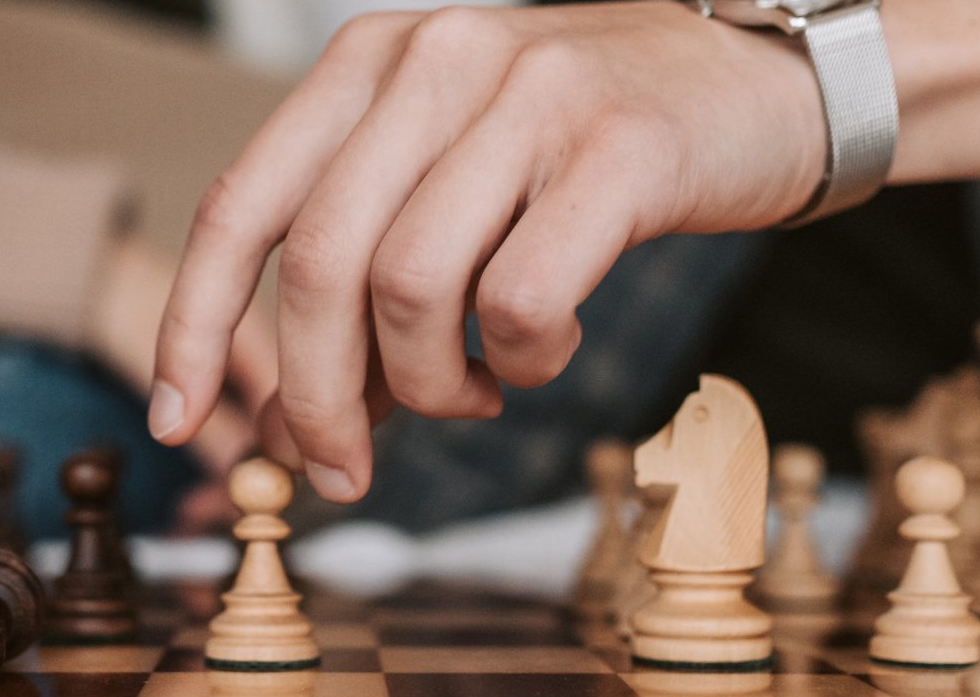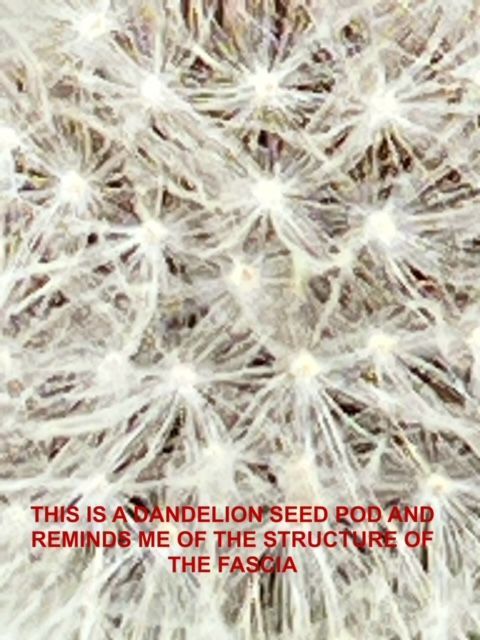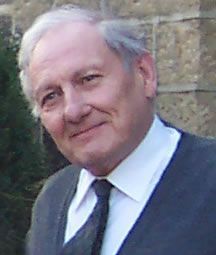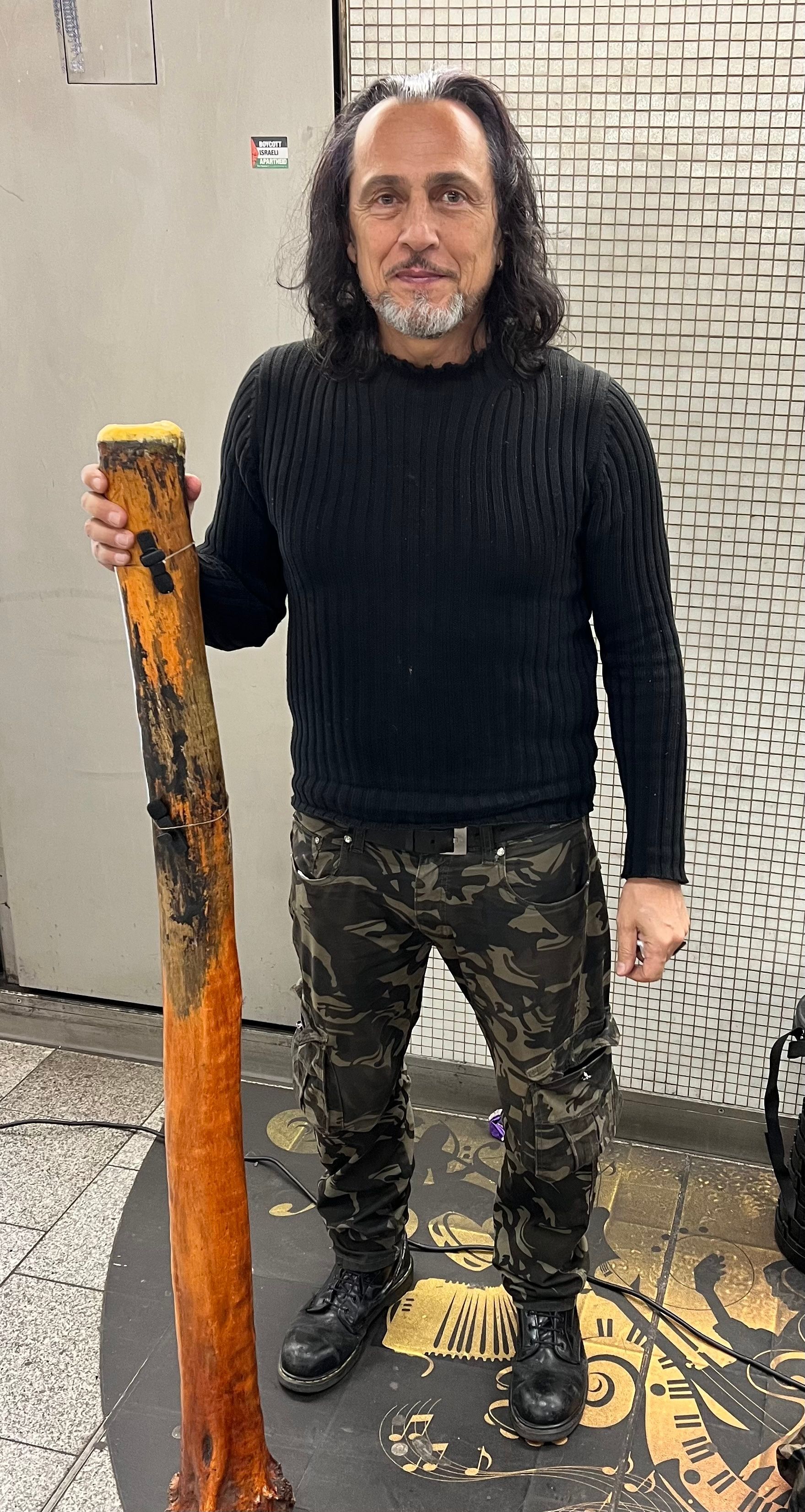Reflexology and chess
I doubt if many articles about reflexology begin with one on chess. However, there is a correlation, albeit rather tenuous-

I watched in anticipation as his nicotine-stained fingers moved the pawn to its allotted square. A wry smile exposed equally coffee-stained teeth. His overall expression was of a type of orgasmic satisfaction one sees on a boxers' face after delivering a knockout punch. He sat back in his chair with a laissez-faire attitude while sipping at the thick, black, caffeine, loaded coffee, waiting for me to make my move. In desperation to impress I scanned the positions of the pieces repeatedly. Fortunately, the game was not timed, which enabled me to work out my options. Gradually the truth dawned on me — there were no options! That single move my opponent made with the pawn changed the entire pattern of the game.
The only move I could make was to resign, which is what one does in chess in my situation.
The incident I have described took place in a famous coffee/chess cafe called Prompt Corner in London's Hampstead in the late 1960s, sadly long gone. Before its cafe incarnation, it was the book shop where George Orwell of 1984 fame used to work.
Having a fascination with chess, I would go to the cafe and watch the mostly Russian emigres (chess masters) play in return for coffee. On this occasion, I was asked if I would like to play. Obviously, I did not stand a chance any more than I could have broken the Enigma code of Bletchley Park fame. However, I accepted for the experience.
No matter what level you are at, a game of chess has infinite challenges and possibilities. Here are a few of the statistics: There are nine million possible moves after just six moves. After eight moves, there are two hundred and eighty-eight billion possible moves and this will keep growing after each move.
If this is not impressive enough — it has been estimated that there are more possible moves in a chess game than the number of atoms in the observable universe. (don't ask me how this estimation was made)!
The second book ever published in the English language was on chess. It was published by William Caxton in 1470 and titled The game and playe of chesse'
The first chess computer was invented by Alan Turing of Bletchley Hall fame. His computer was used to break the Enigma machine used by the German military during WW2.
I am not suggesting that reflexology has this number of possibilities. I am suggesting the number of possible techniques and how these are applied (such as the angle, direction, duration, with fingers or thumbs and what part of these are used to make contact.
Additionally, there are variations between the types of feet such as size, texture, flexibility, temperature, general and reflex sensitivity, etc. And not forgetting the difference between each person and the way they respond to our ministrations.
When looking at reflexology from this perspective, it becomes clear that there is an almost infinite number of possibilities. With this in mind, it becomes clear that each patient needs to be given a treatment suitable for them. From this viewpoint, I discovered that very often, there was just one disturbed reflex that would change the entire value of a treatment when it was detected and treated.
This is where I make the analogy between my chess opponent changing the entire outcome of the game just by moving one chess piece.
This analogy may be difficult to accept if you are content with how you give treatments, and I have no issue with this. This blog aims to at least nurture an awareness of other possibilities of reflexology that can be tapped into.
My best wishes
Tony Porter©










